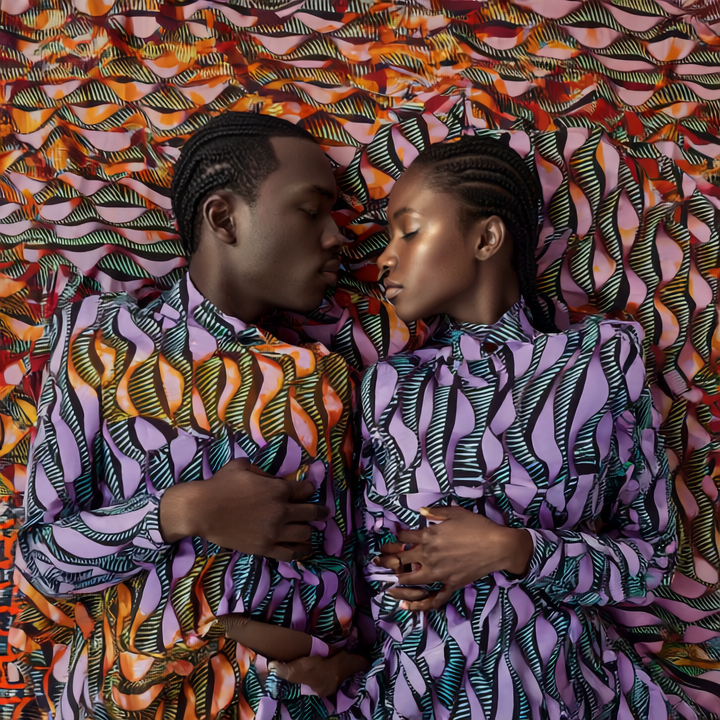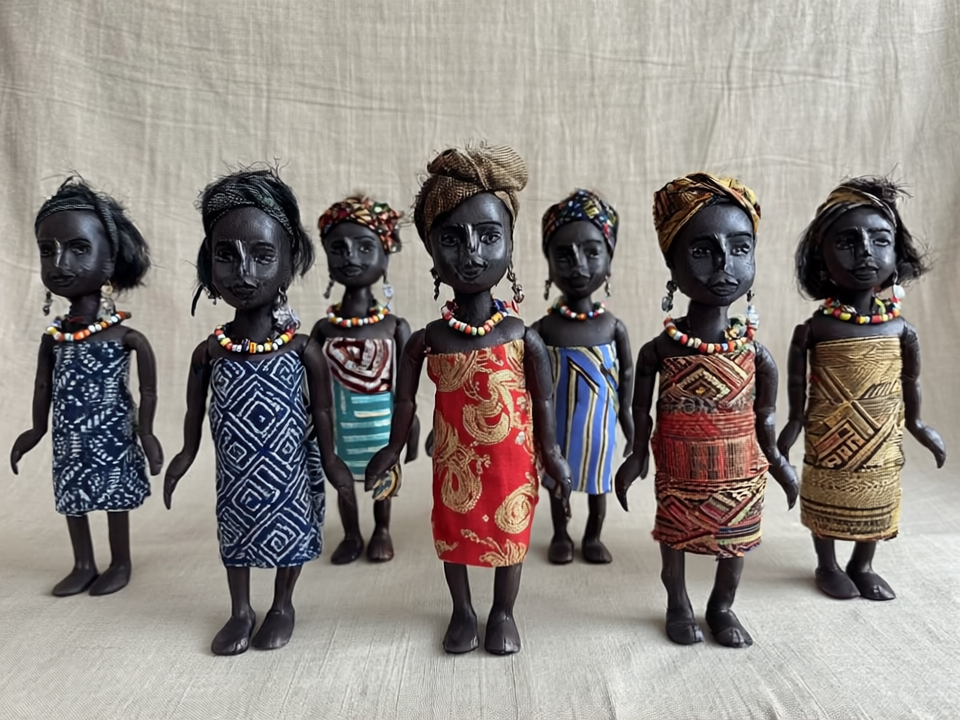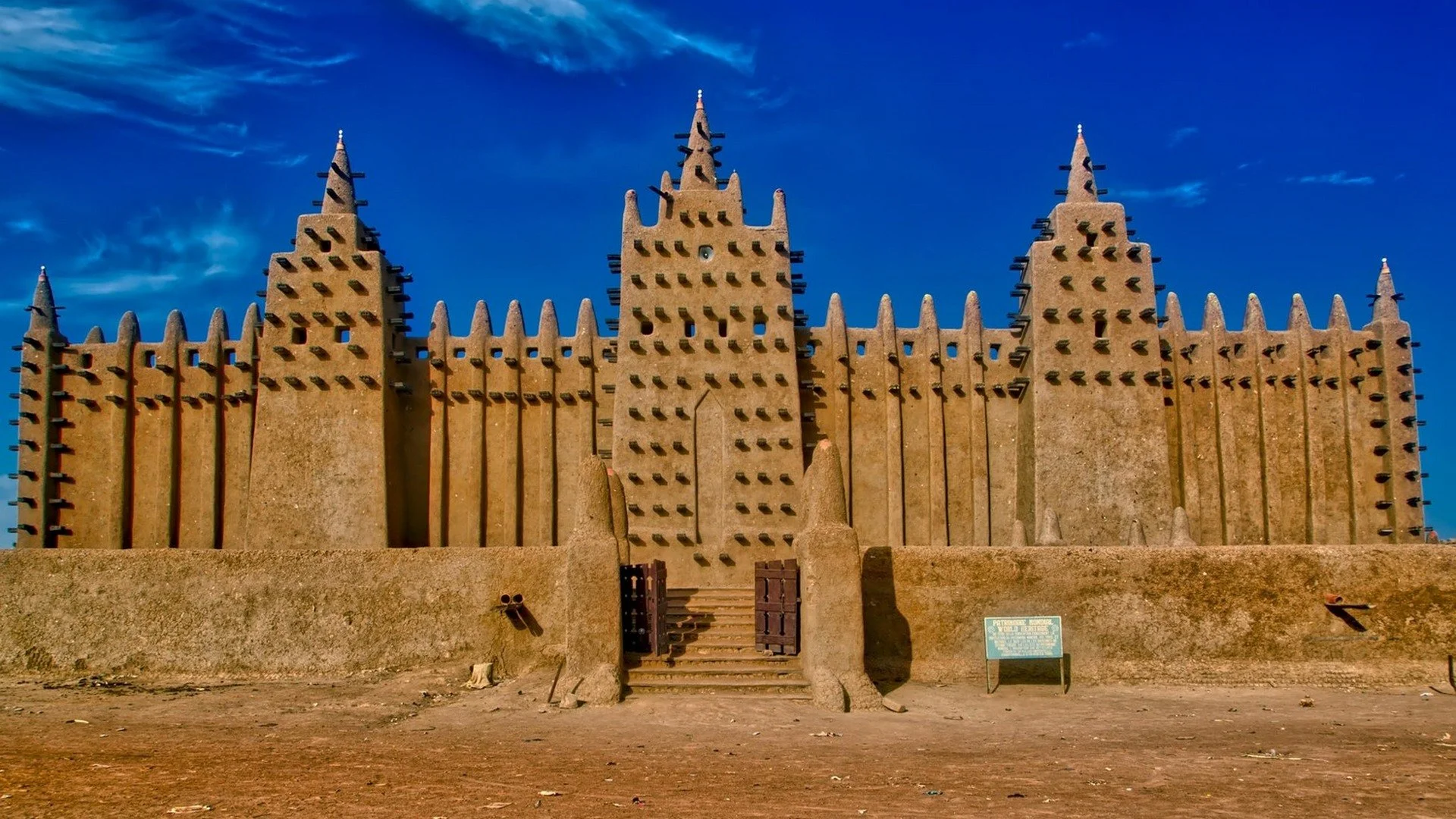
I Became Colonialism’s Perfect Product — Now I’m Reclaiming Yorùbá in 30 Days
At 38, I realised I had become colonialism’s perfect product — an African who can’t speak her own language. So for the next 30 days, I’m learning Yorùbá through WhatsApp lessons and Afrobeats. I’ll document every cringe, every win, and what happens when a millennial finally stops being a spectator in her own heritage.

Africa’s GDP is rising. Why isn’t your life?
You’ve felt it too.
Your wallet is shrinking while GDP keeps growing.
Africa's economies grew 3.7% in 2024 - but inflation hit 12.3%.
The math doesn't add up.
GDP made sense in 1934 America.
It makes no sense in 2025 Lagos, Nairobi or Johannesburg.
Some countries have stopped pretending. They're measuring what matters most - people, not profit.

#1. If AI can’t see you, do you exist?
“If AI can’t see you, do you exist?”
It sounds like a riddle, but for millions of people across Africa and the Global Majority, it’s an everyday reality. Entire communities are absent from the data that trains the world’s most powerful language models.
Their dialects aren't recognised.
Their accents are misunderstood.
Their cultures go unreferenced.
Are the tools we call “intelligent” are built for all of humanity — or just a narrow slice of it?

#2 Linguistic Bias is A Design Choice
At the core of AI is data—and data is never neutral.
LLMs are built on the languages with colonial legacies and economic clout, leaving Africa’s vast linguistic wealth largely unseen.
The result is a fault line in modern AI, where scarcity of data turns into silence for over a billion voices.

#3. Language belongs to the people, not the platforms
Most AI is built far from the people it affects — but the next frontier of innovation may be Sokoto, Kigali, or Accra.
By replacing extraction with co-creation, participatory research networks like Masakhane are turning African languages from “low resource” to high impact.
The result isn’t just better models — it’s a new social infrastructure for AI, where trust, representation, and performance scale together.

#4. Africa as the AI architect
For African languages, inclusion isn’t charity — it’s architecture.
David Adelani’s work doesn’t “add” Africa to AI; it builds AI on African terms.
Through human-annotated datasets and AfroBench’s 64-language stress test, he’s turning vague promises of inclusivity into measurable standards.
The message is clear: the future of AI isn’t translated — it’s multilingual by design

#5. Inclusion isn’t charity - it’s strategy
In AI, inclusion isn’t charity — it’s strategy.
Models fluent in the world’s full range of languages are not only fairer, they’re smarter: more precise, more adaptable, and more relevant to real-world needs.
When AI works in the languages of the people it serves, it gains an edge that scales from the last mile to the global stage.

